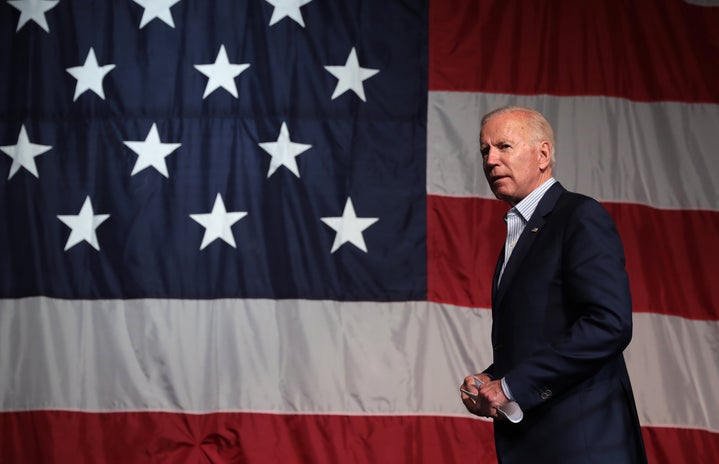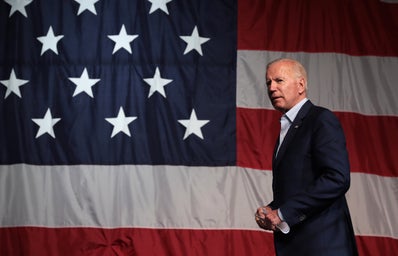The past few weeks, months, years, have been spent watching America from a distance, with growing alarm and confusion. An incompetent fascist was elected as president, despite losing the popular vote, proceeding to reverse several of Obama’s key climate regulations and creating a political climate hostile enough to foster white supremacy. But what struck me as the most horrifying inadequacy of the government, especially in the context of a global pandemic, are the failures of the health-care system.
In June, I saw a statistic that seemed both false and cruel; the United States spends more on health care as a share of the economy than any other OECD country, and nearly twice as much as the average (OECD being the Organization for Economic Cooperation and Development, concerned with social policy and data in high-income countries). How could this be? We’ve all heard the stories: people refusing to call an ambulance, afraid of the ridiculously high costs, Uber-ing to the hospital with broken limbs. According to a 2019 study, 530,000 bankruptcies are filed each year, due to debts that arise from medical bills.
And yet, we know that the United States spent $10,224 per capita in 2017, 28% higher than Switzerland, the next highest per capita spender. In comparison, the UK spent $3,749 per person, less than 8% of its GDP, compared with the United States’ shocking 15% expenditure on health care. This is in harsh contradiction with the facts: an analysis comparing the United States to 10 other high-income OECD countries found that the US has the lowest life expectancy, highest suicide rates, and the highest levels of chronic disease among the 11 nations, as well as an obesity rate twice as high as the OECD average.
In 2019, 28.9 million nonelderly people were uninsured, an increase of more than 2 million from 2016. These rates of health insurance have been linked with tens of thousands of preventable deaths a year and significantly higher mortality risks of those uninsured compared with privately insured Americans.
One explanation people seem to give for the alarmingly high expenditure is the American culture of overuse; that Americans tend to visit doctors more frequently, and unnecessarily exploit health care. But according to the Journal of the American Medical Association, the mean of physician visits per person per year is roughly 6.6, and in the United States is around 4. Lengths of hospitalizations are also far shorter, and the number of hospitalizations themselves are also lower than the OECD mean.
So, experts attribute these discrepancies to higher prices for services themselves, and especially to higher administrative costs, with the OECD mean of proportional spending on administration at 3%, and the US at 8%. This cost is the result of a complex administration system, involving a unique structure of insurance and billing, and is exacerbated by the higher prices for labor, pharmaceuticals and diagnostics.
It’s terrifying to think that the United States, for so many years heralded as the ‘Leader of the Free World’, is the only industrialized country without universal health care, with a system that is simultaneously the most expensive and worst-performing in efficiency, equity and accessibility.
This has such devastating impacts on its people, made all the more pronounced during this pandemic, and in June, the US accounted for 25% of global COVID19 cases, yet constituting only 4% of the world’s population. There has been such an abysmal lack of logic and guidance from those in power, even long before the pandemic, and expert advice to those without insurance was to simply “not get sick”, so as to avoid the perils of a lacking health-care system.
It’s clear, therefore, that Biden’s priority as the next President of the United States will need to be, first and foremost, to control the pandemic, a symptom of the failures of the health system. And although we may not be perfectly satisfied with him, it is undeniably reassuring to hear of his concrete plans to launch a Pandemic Testing Board and a national mask mandate, to address the defects in the general system (including adding a “Medicare-like” public health insurance option and lowering the ever-escalating prices of prescription drugs).
I, for one, am relieved to know that the next President is not only committed to listening to scientific evidence, but is already acknowledging and confronting the wider issues of the American health-care system.



